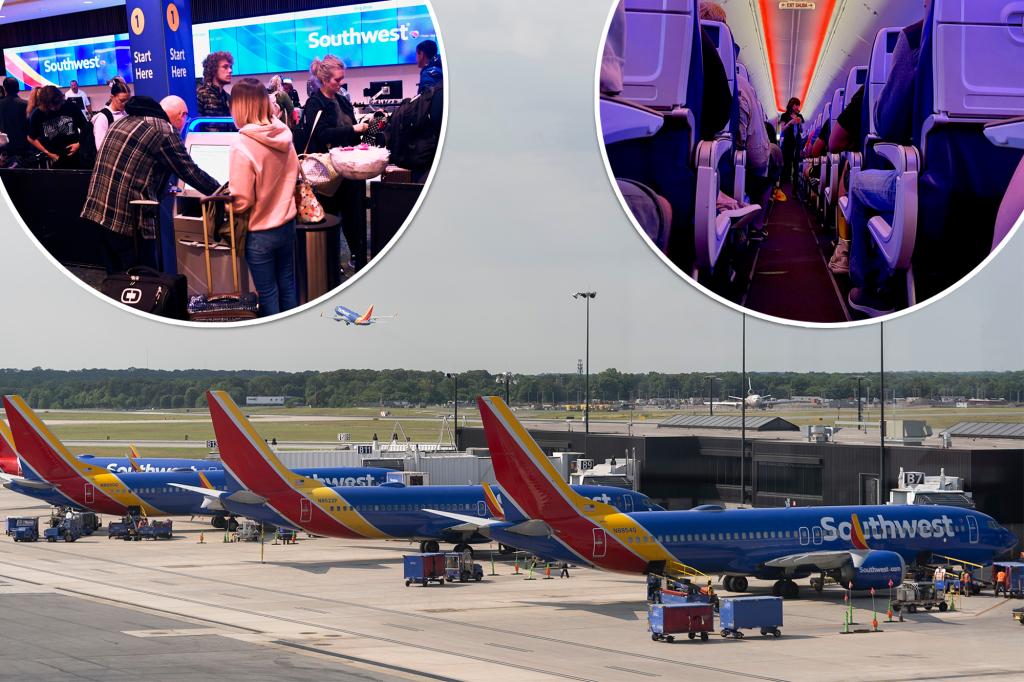Southwest Airlines is making significant changes to its boarding process, including getting rid of its open seating policy and moving to assigned seats on its planes. This change comes as the airline prepares to sell special extra legroom seats next year and launch overnight flights in February. CEO Bob Jordan noted that the open seating policy had been a longstanding tradition for the airline since its inception, and the move to assigned seating will be a transformational change for the company.
The decision to switch to assigned seating was influenced by survey data that showed a majority of customers preferred having assigned seats. The airline also plans to offer premium legroom options on about a third of its fleet, which will be in line with industry standards. This change comes after a failed seat redesign in February that left customers feeling uncomfortable. The new assigned seating policy and extra legroom seats still need to be approved by the FAA.
Southwest is set to launch its first overnight flights on Valentine’s Day for five routes. This move comes after investors pressured the airline to turn a profit in June. Chief Commercial Officer Ryan Green stated that these strategic initiatives are integral to the airline’s strategy to meet customer needs and enhance shareholder value. The changes to the boarding process and the introduction of premium seating options are part of Southwest’s efforts to adapt to customer preferences and improve profitability.
The addition of assigned seating and premium legroom seats marks a significant shift for Southwest Airlines, which has long been known for its open seating policy. The new assigned seating policy will allow customers to have a more predictable and orderly boarding process, while the premium legroom seats will give travelers the option of more comfortable seating. These changes reflect the airline’s commitment to meeting customer needs and staying competitive in the industry.
Despite the potential challenges of implementing these changes, Southwest is confident that they will benefit both customers and shareholders in the long run. The airline’s decision to move away from open seating and offer premium seating options is part of a comprehensive strategy to improve the overall customer experience and drive profitability. By listening to customer feedback and adapting to industry trends, Southwest is positioning itself for future success in a competitive market.
In conclusion, Southwest Airlines’ decision to switch to assigned seating and offer premium legroom seats represents a significant change for the company. These strategic initiatives are aimed at meeting customer needs, enhancing shareholder value, and improving the overall customer experience. While the transition may present some challenges initially, Southwest is confident that the changes will ultimately benefit both customers and shareholders. With these changes, Southwest is adapting to customer preferences and industry standards to remain competitive and successful in the airline industry.


